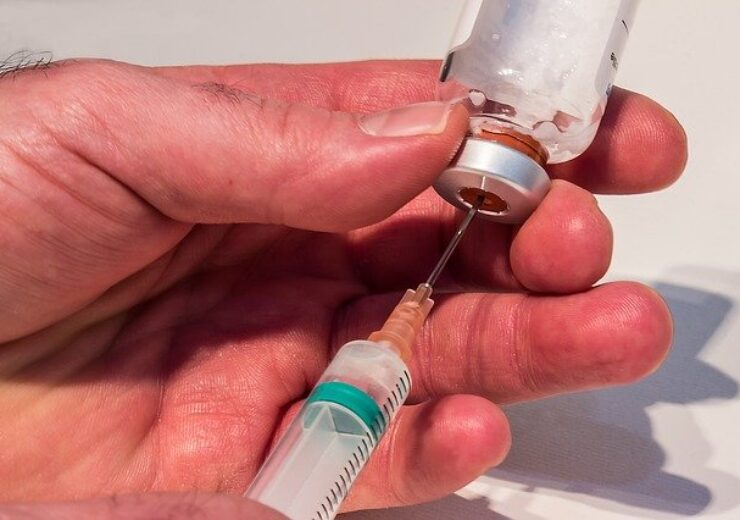The Japanese regulator’s approval was based on results from global Phase 3 HELP study, Phase 3 HELP OLE and a Phase 3 Study of Takhzyroin Japanese patients

Takeda has received MHLW approval for Takhzyro. (Credit: Myriams-Fotos from Pixabay.)
Takeda has received Japan’s Ministry of Health, Labour and Welfare (MHLW) approval for Takhzyro (lanadelumab) to treat a type of hereditary angioedema (HAE).
The drug was indicated as a 300mg subcutaneous injection for prophylaxis against acute attacks of HAE in adult and paediatric patients, aged 12 years and above.
Takhzyro is a fully human monoclonal antibody designed to specifically bind with and decrease plasma kallikrein, also known as Fletcher factor.
In 2018, Takhzyro was initially approved in the US and the European Union (EU), for the prevention of HAE attacks, and is currently approved in more than 50 countries.
Takeda Japan development centre general manager Naoyoshi Hirota said: “In addition to the burden of debilitating and potentially life-threatening HAE attacks, the unpredictable nature of this disease presents significant challenges to patients and their support networks.
“We hope Takhzyro, a new treatment option for patients in Japan living with HAE, along with the efficacy and safety profile as a preventive treatment showcased across global studies and within a Japan-specific Phase 3 study, will contribute to HAE treatment.”
The MHLW approval is based on results from the Phase 3 HELP Study, Phase 3 HELP Study Open-label Extension (OLE), in addition to a Phase 3 study in Japanese patients.
In the Phase 3 HELP study, the once in two weeks of therapy has reduced the mean number of monthly HAE attacks by 87%, and 73% when given every four weeks, compared to placebo.
Also, Takhzyro has shown a reduction in attacks in a prespecified, exploratory analysis and a post-hoc sensitivity analysis compared to placebo.
The most common treatment-emergent adverse events include injection site pain and bruising, upper respiratory tract infection, headache, injection site erythema, and dizziness.
In all three studies, Takhzyro has shown an overall efficacy and safety profile as a preventive treatment for HAE attacks.
HAE is a rare genetic disorder characterised by recurring attacks of oedema or swelling in different parts of the body, including the abdomen, face, feet, genitals, hands and throat.
The attacks can be painful, and may obstruct the airways, causing asphyxiation and are potentially life-threatening, said the company.
